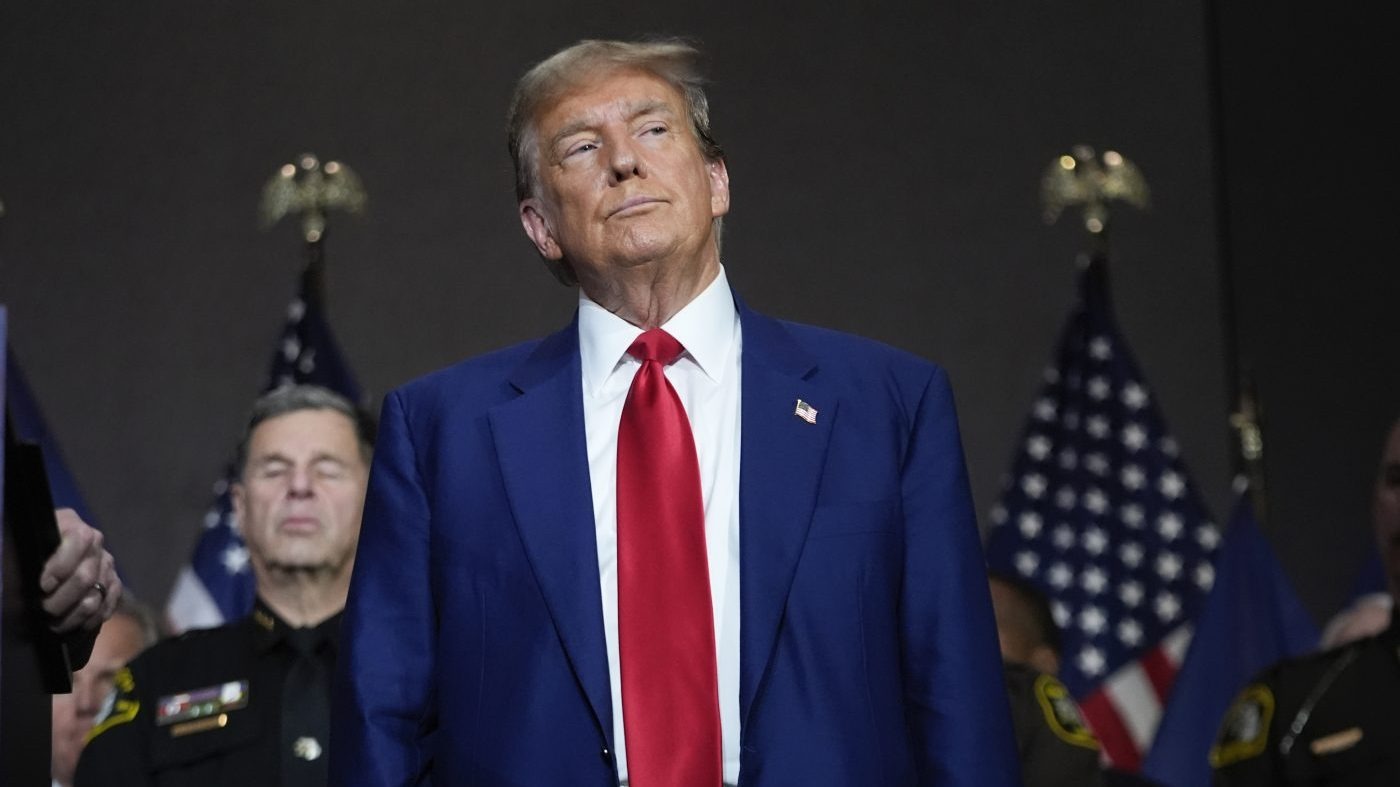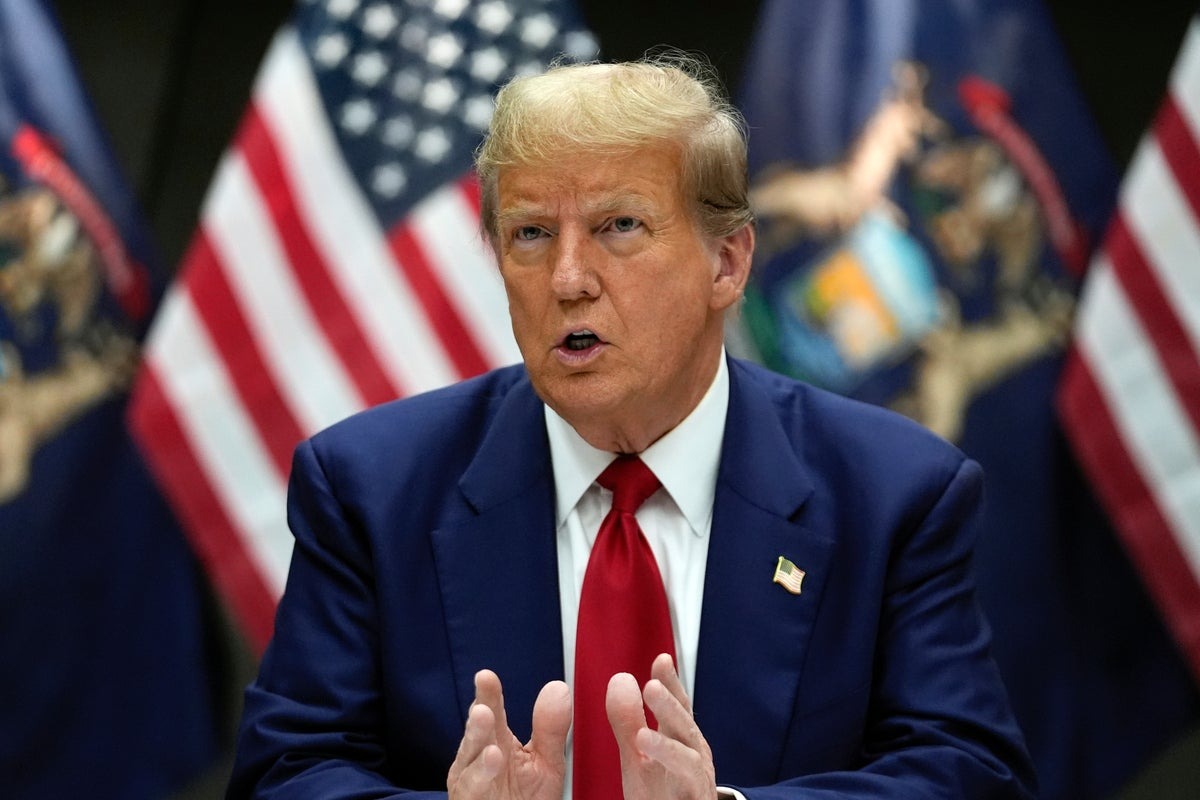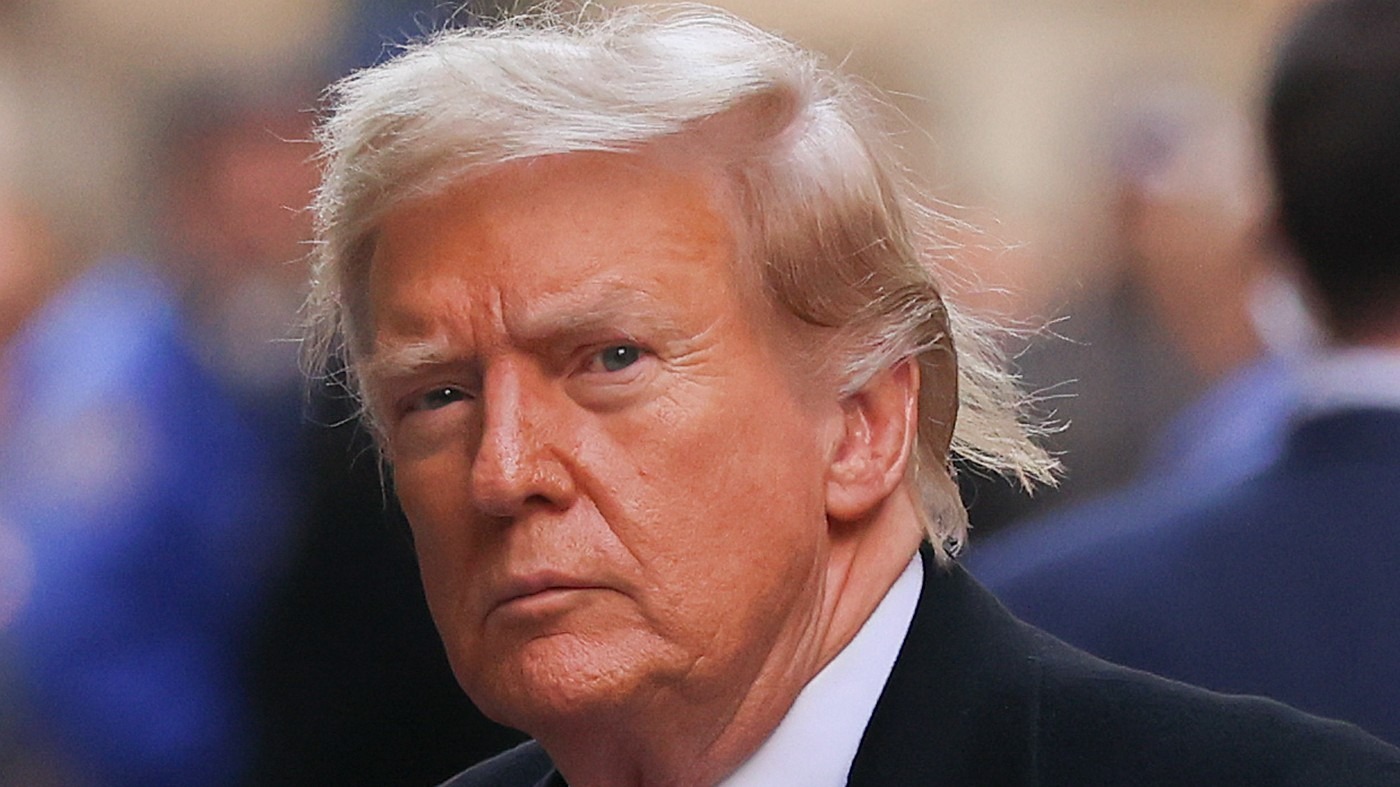In a New York courtroom, a significant move unfolded as Judge Juan Merchan dismissed former President Trump’s argument of presidential immunity in his legal battle concerning hush money payments.
This decision sets the stage for an unprecedented trial scheduled for April 15, where Trump will be the first former president to stand trial in a criminal case. Trump’s legal team had not initially claimed presidential immunity against the 34 charges of falsifying business records related to pre-presidency payments.
However, Trump later suggested that his immunity claims in another case, if accepted by the Supreme Court, might affect the admissibility of evidence in this trial. He aimed to postpone the trial pending the Supreme Court’s review, which was scheduled for oral arguments on April 25.

Donald Trump (Credits: ConchoValleyHomepage.com)
Manhattan prosecutors challenged Trump’s late defense move. Judge Merchan’s ruling underscored the timing of Trump’s motion as a key factor in its denial. He wrote, “Defendant’s motion is DENIED in its entirety as untimely.
The Court declines to consider whether the doctrine of presidential immunity precludes the introduction of evidence of purported official presidential acts in a criminal proceeding.”
This decision moves Trump closer to facing trial, despite his ongoing efforts to delay the proceedings due to concerns over pretrial publicity’s potential bias.
The case, brought forward by Manhattan District Attorney Alvin Bragg (D), accuses Trump of unlawfully hiding a hush money payment to influence the 2016 presidential election outcome. Trump has denied these allegations, pleading not guilty.

Ex-President Donald Trump (Credits: The Independent)
This development comes despite Trump’s facing similar presidential immunity challenges in other legal battles. The Supreme Court has agreed to examine his immunity claim in a federal election interference case.
A trial judge in Washington, D.C., and a D.C. Circuit Court of Appeals panel rejected the notion that a former president could not be criminally prosecuted. Trump’s immunity claims are also pending in separate cases concerning federal classified documents and election interference in Georgia, with decisions from those judges yet to be made.
As Trump prepares for this landmark trial, the legal and historical implications of these proceedings continue to come to light, with presidential immunity at the center of national legal discourse.























